APCTP Workshop on Gravitational Waves 2025
Gravitational waves (GWs) are transforming our understanding of the Universe, offering a revolutionary window into cosmic phenomena that were previously inaccessible through traditional astronomical observations. The LIGO-Virgo-KAGRA consortium's observations of hundreds of transient GW events from merging stellar mass black holes and neutron stars during the last decade have inaugurated the era of GW Astronomy by deepening our knowledge of these extreme stars of Einstein's General Relativity. Rapidly maturing Pulsar Timing Array efforts have provided glimpses of nanohertz GWs, offering new insights into high-energy phenomena in the early Universe and supermassive black hole binaries. The upcoming/proposed GW observatories like SKA, LIGO-India, LISA, Taiji/TianQin, ET, CE, and LILA are expected to address some of the most pressing challenges in modern cosmology, such as the Hubble tension and the nature of inflation in the early Universe while providing ultra-sensitive tests for Einstein's universe.
APCTP-GW2025 aims to bring together researchers across the Asia Pacific working on diverse aspects of GWs to come together to pave the road for the future of GW astronomy, astrophysics and cosmology in the region. Set in the beautiful backdrop of Taipei in the spring, the workshop offers more than just stimulating discussions — participants will experience the city’s rich culture, scenic beauty, and traditional cuisine, fostering collaboration and memories.
Scientific Organising Committee:
Achamveedu Gopakumar (Tata Institute of Fundamental Research)
Choy Yuen Sam (Academia Sinica)
Hsiang-Yi Karen Yang (National Tsing Hua University)
Ian Vega (National Institute of Physics, University of the Philippines Diliman)
Kin-Wang Ng (Academia Sinica)
Reginald Christian Bernardo (APCTP)
Stephen Appleby (APCTP)
Invited Speakers:
Alvin Chua (National University of Singapore)
Anna Heffernan (Universitat de les Illes Balears)
Che-Yu Chen (RIKEN)
Feng-Li Lin (National Taiwan Normal University)
George Hobbs (CSIRO)
Hing-Tong Cho (Tamkang University)
Jai-chan Hwang (Institute for Basic Science, Korea)
Keitaro Takahashi (Kumamoto University)
Myungshin Im (Seoul National University)
Otto Hannuksela (The Chinese University of Hong Kong)
Rajeev Kumar Jain (Indian Institute of Science)
Ryan Shannon (Swinburne University of Technology)
Sarah Vigeland (University of Wisconsin Milwaukee)
Sukanta Bose (Washington State University)
Takahiro Tanaka (Kyoto University)
Teppei Okumura (Academia Sinica)
Tjonnie Li (KU Leuven)
Ue-Li Pen (Academia Sinica)
Vicharit Yingcharoenrat (Chulalongkorn University)
Xiao Xue (Institut de Física d’Altes Energies)
Xingjiang Zhu (Beijing Normal University)
Yuki Inoue (National Central University, Taiwan)


